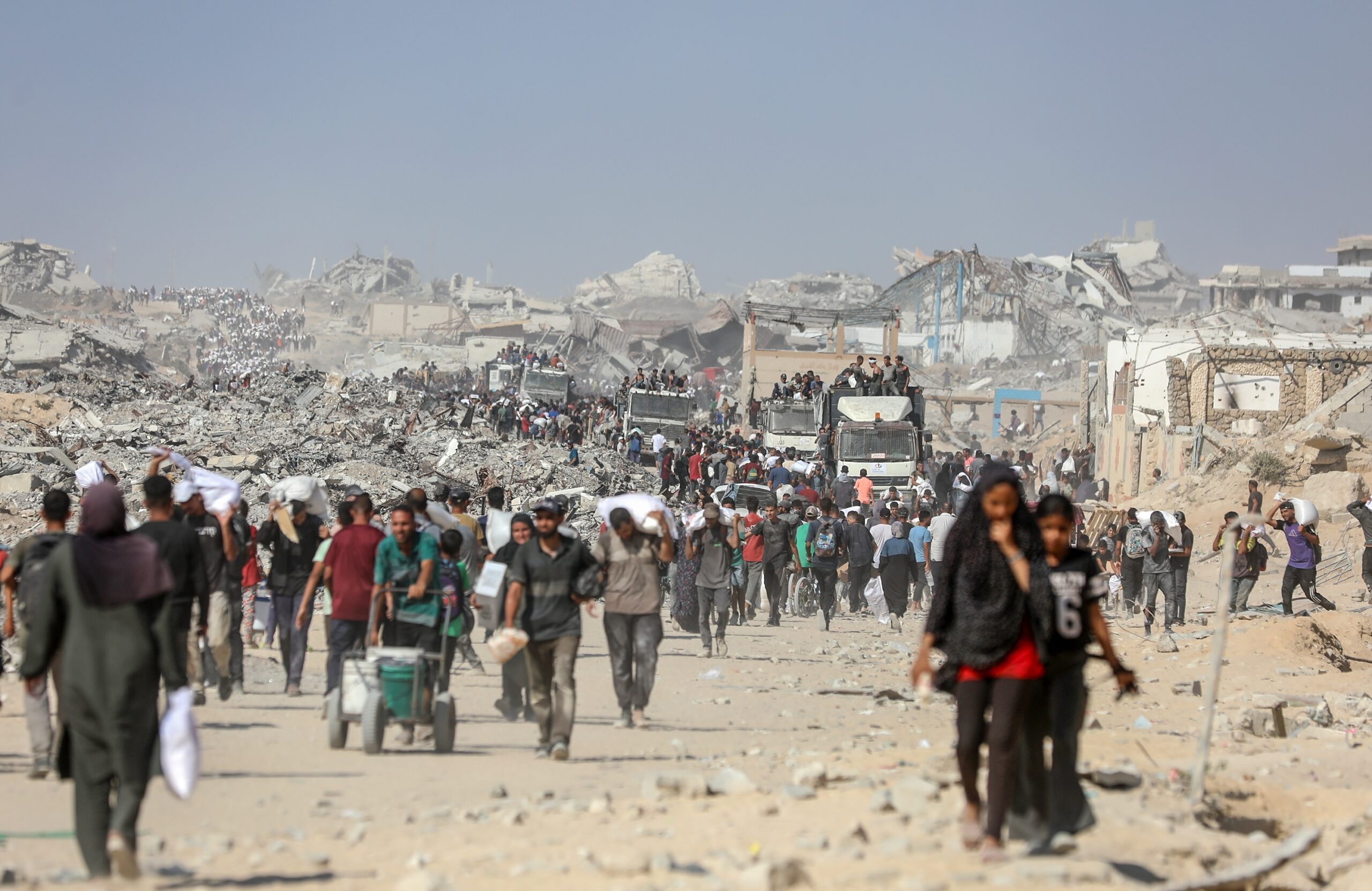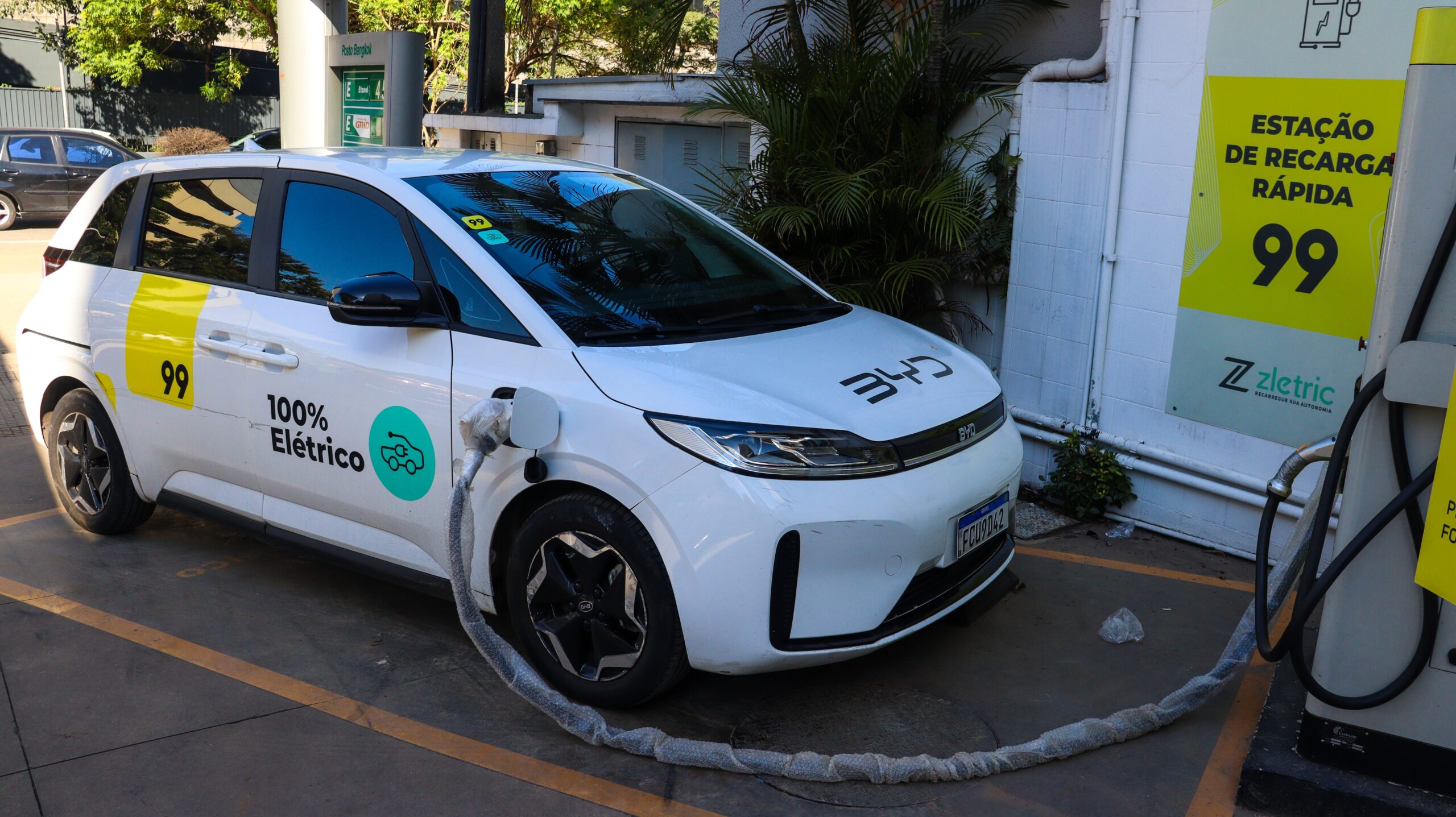This week in Australian foreign affairs: Foreign Minister Penny Wong in Washington D.C. for Quad Ministers Meeting; new aid announced for Vaccine Alliance support 2026-2030; Wong addresses questions on US defence spending requests, and more.
On 27 June, Minister for Foreign Affairs Penny Wong joined Minister for International Development Anne Aly to announce the provision of AUD$386 million to support the vital work of Gavi, the Vaccine Alliance from 2026 to 2030. “Gavi is a public-private partnership which has helped vaccinate more than 1.1 billion children globally, saving more than 18.8 million lives.” The new funding commitments include $300 million to fight deadly diseases, with $86 million “previously pledged by Australia for COVID vaccines, through the International Finance Facility for Immunisation.” “In Asia and the Pacific, Gavi has helped immunise more than 633 million children, saving six million lives. Gavi has also prevented more than 27,000 cervical cancer deaths by enabling access to the human papillomavirus (HPV) vaccine in Indonesia, Laos, Myanmar, Cambodia, Solomon Islands and Timor-Leste.”
Wong announced the recipients of the Australia-Indonesia Institute’s 2024-25 grants program on 28 June. “Since 1989, the Australia-Indonesia Institute (AII) has worked to foster mutual understanding and drive deeper community engagement between Australia and Indonesia.” The initiative champions engagement across “education and research, business, media, the arts, youth and sport, and community development.” Successful recipients include: a University of New South Wales Business School initiative to “support Australian investors to navigate the Indonesian market, furthering implementation of Invested: Australia’s Southeast Asia Economic Strategy to 2040; “a partnership on biofuel development between Australian and Indonesian universities and industry, supporting Indonesia’s transition to net zero; an exchange between leading Australian and Indonesian creative institutions, the National Institute of Dramatic Art (NIDA) and Common Room, culminating in a public event showcasing technology-driven collaboration; and a futsal diplomacy program to strengthen skills and connections between First Nations and Indonesian players and coaches, supporting the implementation of Australia’s Sports Diplomacy Strategy 2032+.”
Wong travelled to the United States this week to participate the Quad Foreign Ministers Meeting. Announced on 30 June, Wong met with Quad counterparts Secretary of State Marco Rubio, Indian External Affairs Minister Jaishankar, and Japanese Foreign Minister Takeshi Iwaya to progress bilateral and quadrilateral cooperation. “This will be the second Quad Foreign Ministers’ Meeting within six months,” according to the statement, “reflecting the importance of our partnership and the strategic circumstances confronting our region and the world.”
A joint statement on the Quad meeting on 1 July reaffirmed the partners’ steadfast commitment to a free and open Indo-Pacific. The joint statement announced a renewed focus on “maritime and transnational security, economic prosperity and security, critical and emerging technology, and humanitarian assistance and emergency response.” Towards this focus, the representatives launched on 1 July the Quad Critical Minerals Initiative to collaborate, secure, and diversify critical minerals supply chains; a plan to host a first Quad Indo-Pacific Logistics Network field training exercise in 2025 to strengthen shared airlift capacity to respond to natural disasters more rapidly and efficiently; a plan to launch the Quad Ports of the Future Partnership in Mumbai in 2025; and continued contributions to humanitarian assistance to support communities affected by the Myanmar earthquake in March 2025. Notable inclusions in the joint statement are: a statement of actions in the South China Sea that threaten peace and stability; the militarisation of disputed features; “dangerous maneuvers by military aircraft and coast guard and maritime militia”; and support for the Arbitral Tribunal of 12 July 2016 as the basis for international law and peacefully resolving disputes. Other inclusions are concerns about “non-market policies and practices for critical minerals, certain derivative products, and mineral processing technology”; “commitment to the complete denuclearization of the Korean Peninsula”; concerns about the “worsening crisis in Myanmar and its impact on the region”; and condemnation of all acts of terrorism, including in the “strongest terms the terrorist attack in Pahalgam, Jammu and Kashmir on April 22, 2025.” The next Quad Leaders’ Summit will be hosted by India later this year. The next Quad Foreign Ministers’ Meeting will be hosted by Australia in 2026.
At a door stop interview with reporters in Washington D.C., Wong addressed AUKUS concerns and the Quad meeting. On a question about requests made by the US for Australia to increase its defence spending, Wong stated that it wasn’t raised by Rubio. On questions of an impending trade deal with India (though not Japan) by President Donald Trump, Wong was asked about the status of a potential trade deal between Australia and the US. Wong responded: “Well, obviously we’re in a different position than India and Japan and obviously Australia, we recognise the administration’s approach on this, we continue to maintain our position, which is we have a free trade agreement and we would like that to continue to be honoured.”
Dr Adam Bartley is the managing editor for AIIA’s Australian Outlook and weekly columnist for The Week in Australian Foreign Affairs. He is a former Fulbright Scholar and non-resident fellow at the Elliot School for International Affairs, the George Washington University. Adam also has positions as post-doctoral fellow at the Centre for Cyber Security Research and Innovation RMIT University and as program manager of the AI Trilateral Experts Group. He can be found on Twitter here.
This article is published under a Creative Commons License and may be republished with attribution.





